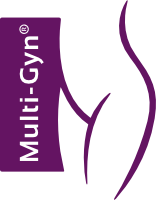Itch caused by irritation often goes away on its own after a while. In order to speed up the recovery, you van apply a natural soothing product on the irritated area.
Vaginal irritation is usually manifested by itchiness, tingling, burning or stinging of the skin around the vaginal area. The discomfort caused by itchiness can be characterized from mild to severe, making you very uncomfortable. Learn more about vaginal itch and how to relieve the discomfort.
What causes vaginal itching?
There are several causes of vaginal itch, including:
- Yeast infection
- Hormonal changes during pregnancy, breastfeeding or menopause
- Birth control
- Bacterial vaginosis
- Chemical irritants that can often be found in creams, bubble baths, laundry detergents, fabric softeners, scented pads, vaginal sprays, condoms and scented toilet paper
- Excessive washing
- Stress or anxiety
- Irritation caused by urinary incontinence
- Synthetic underwear and tight clothing
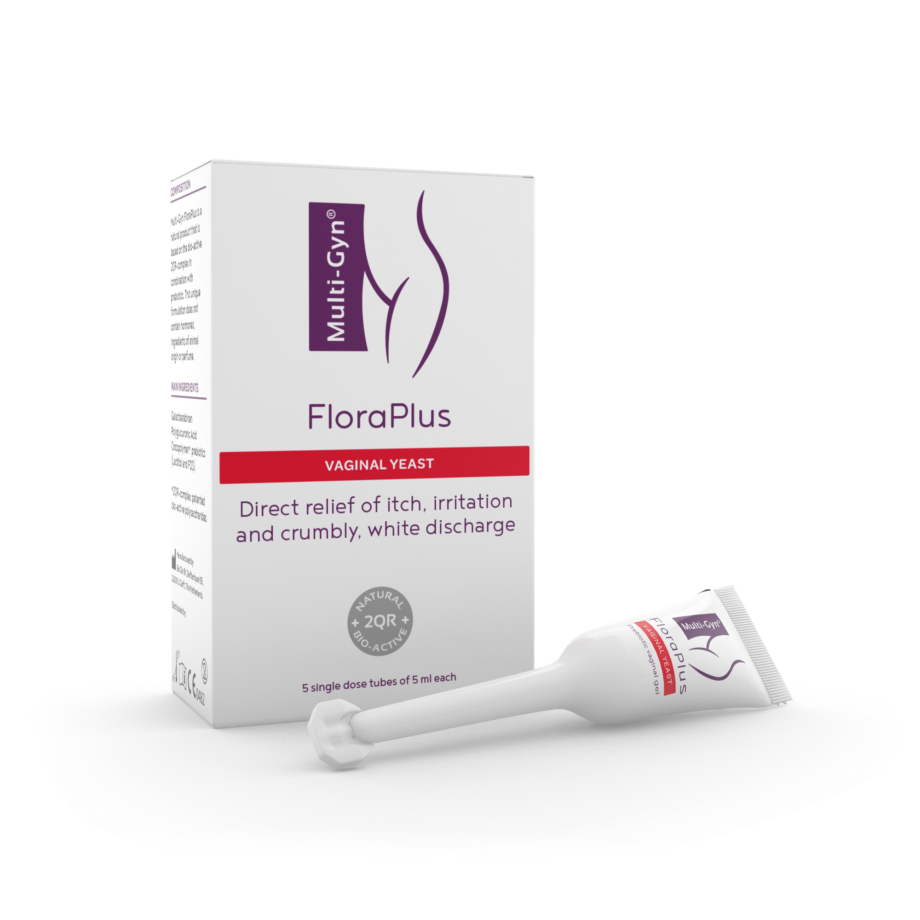
Multi-Gyn FloraPlus
Treats vaginal yeast symptoms
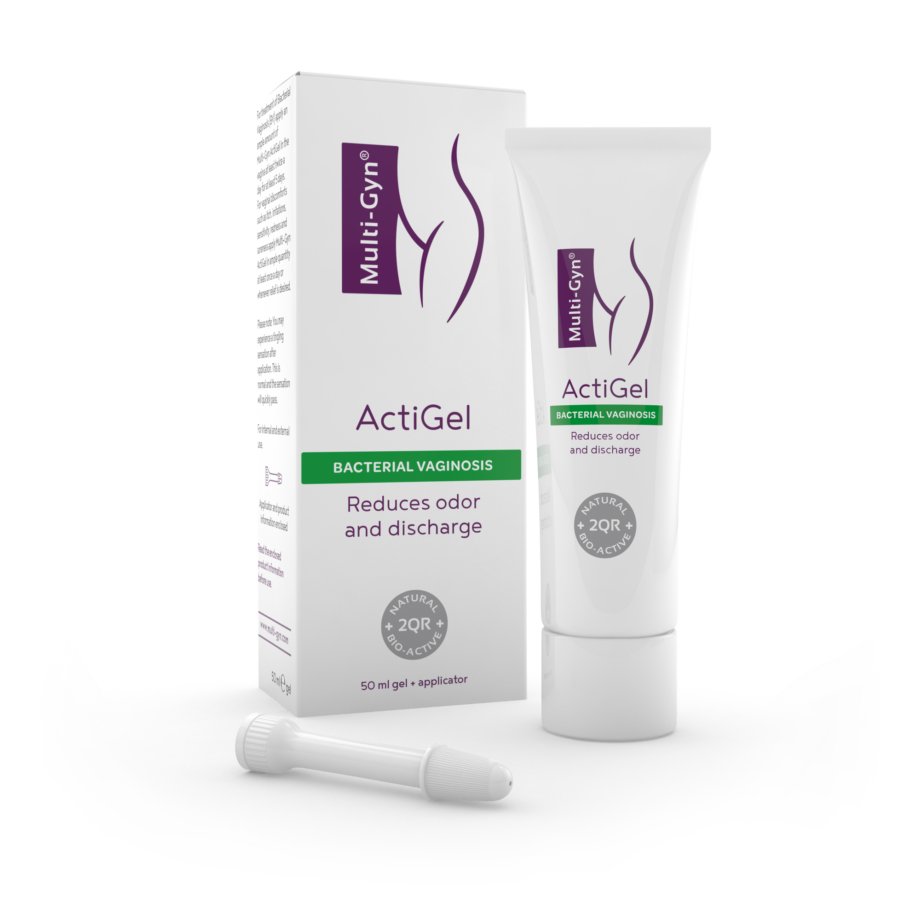
Multi-Gyn ActiGel
Treats bacterial vaginosis (BV)
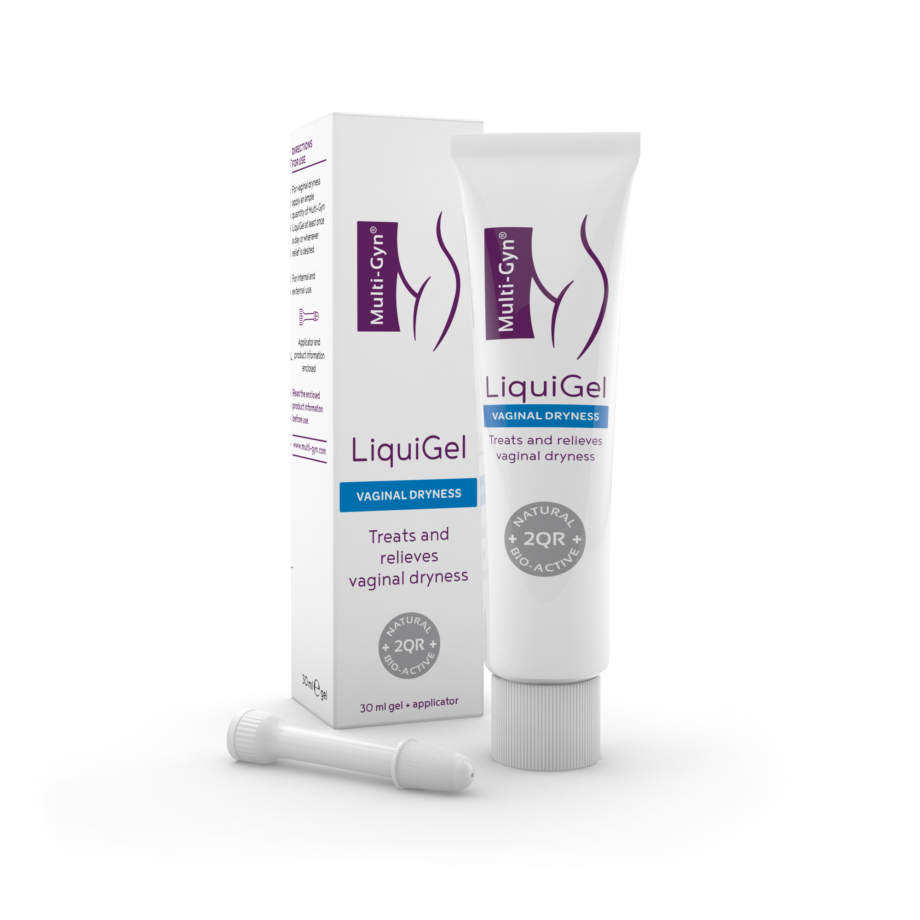
Multi-Gyn LiquiGel
Treats and relieves vaginal dryness
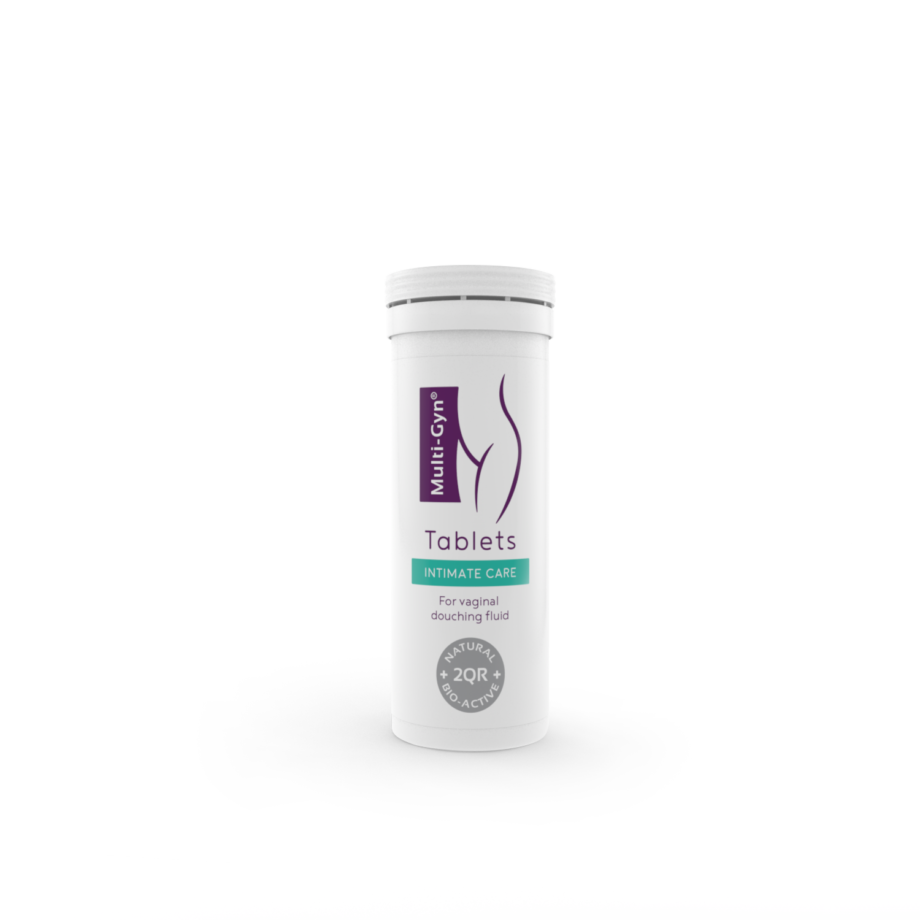
Multi-Gyn Tablets
For vaginal douching fluid
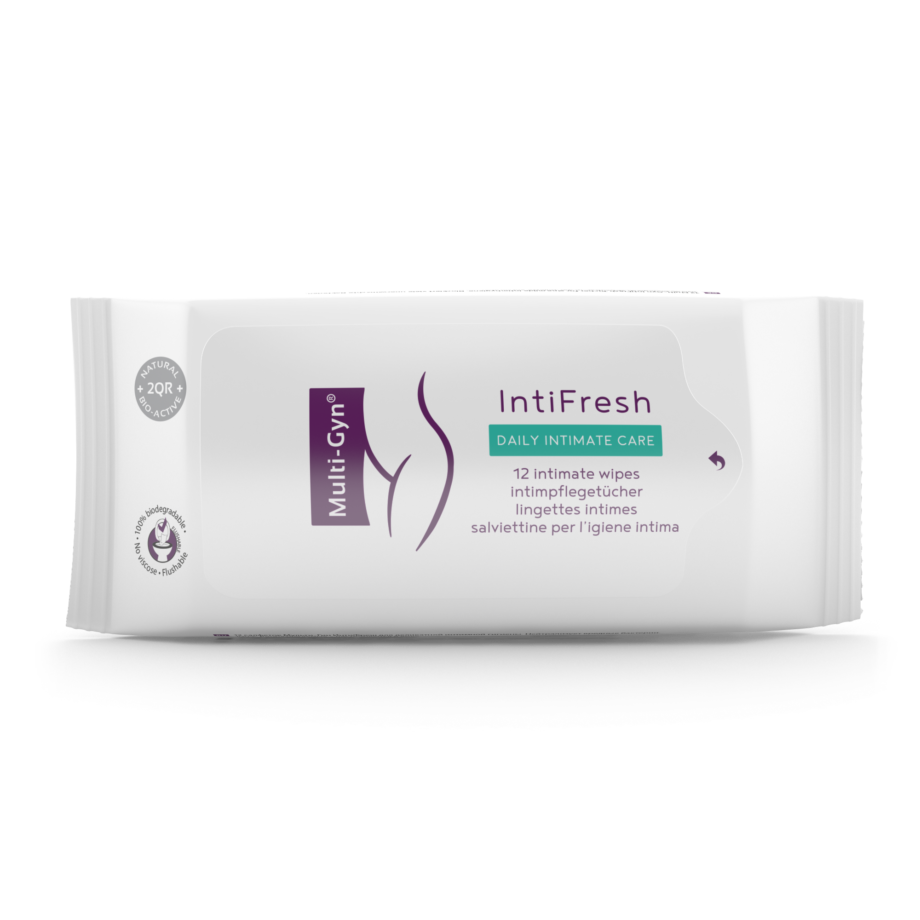
Multi-Gyn IntiFresh
Wipes for a mild intimate hygiene

Multi-Gyn IntiSkin
Soothes irritations of the intimate skin area
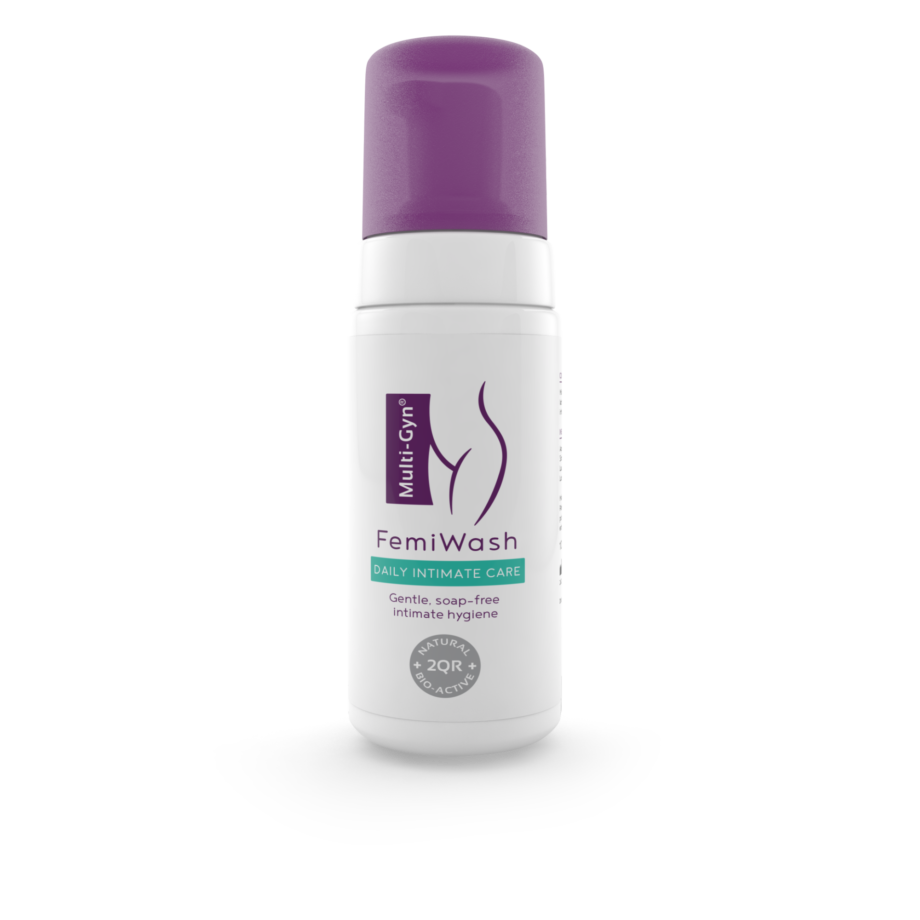
Multi-Gyn FemiWash
Gentle, soap-free intimate hygiene
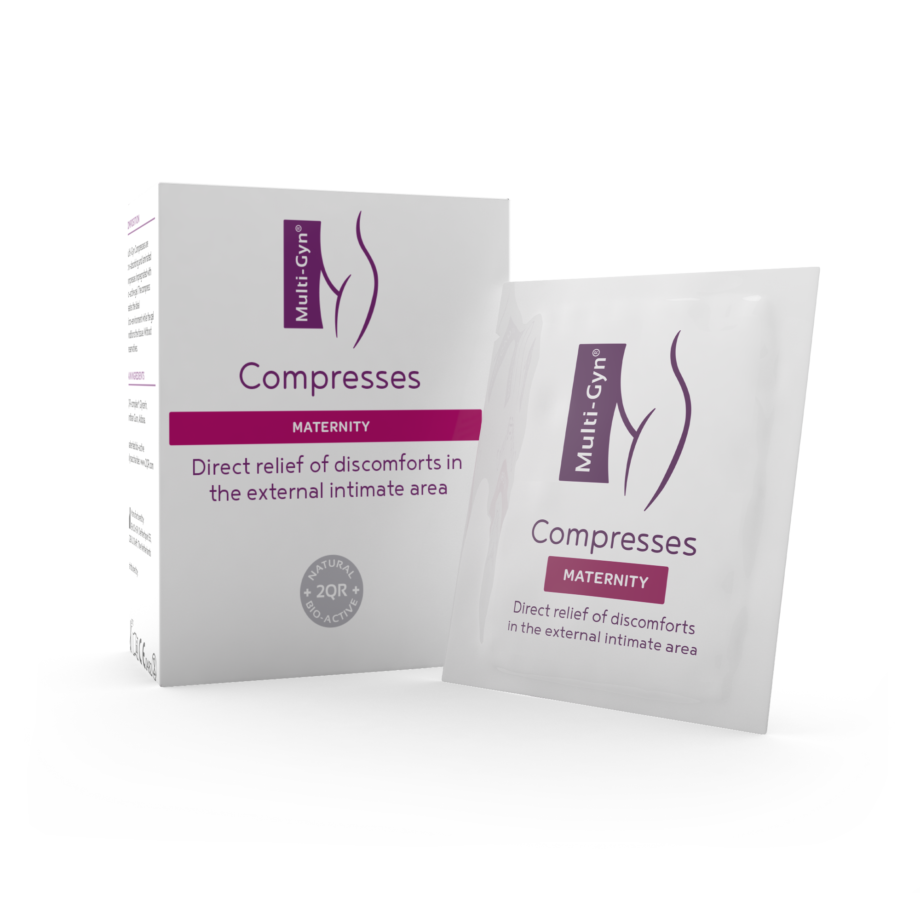
Multi-Gyn Compresses
Maternity. Soothing effect on the external intimate area
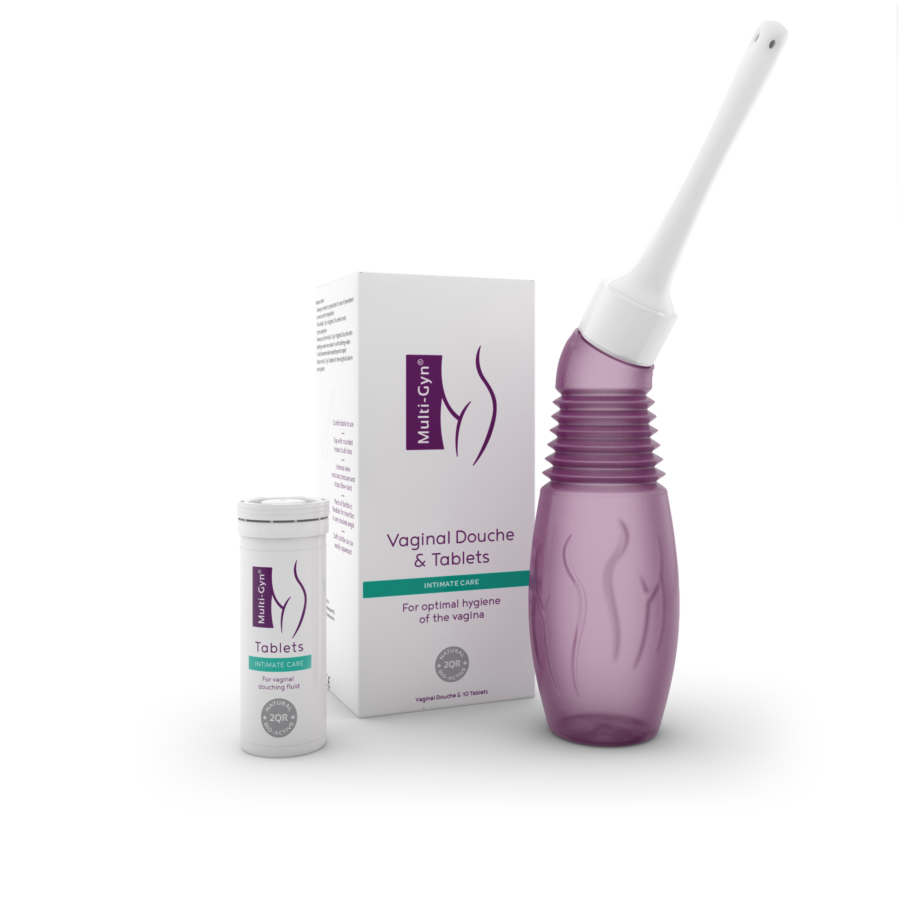
Multi-Gyn Douche & Tablets
For optimal hygiene of the vagina
How can you relieve and prevent vaginal itching?
The treatment of vaginal itch depends on the main cause and it usually disappears as soon as the factor causing it is removed.
Yeast infection can be easily treated with antimycotics, although their effect does not stop the vaginal yeast infection from recurring. Natural products, rather than antimycotic approaches are considered a longer-term solution, because they optimize the vaginal flora, help it fight off the vaginal yeast infection, and can be used as a prevention method for keeping thrush at bay. If you are in menopause, consult your doctor for appropriate treatment that can alleviate these and other symptoms.
Itch caused by irritation often goes away on its own after a while. In order to speed up the recovery, apply a natural soothing product on the irritated area. If the irritation occurs after using a cosmetic product, make sure to rinse it off as soon as possible to minimize the effect. If you suspect that the irritation may be caused by a laundry detergent or fabric softener, replace these products with a hypoallergenic kind.
Until the itching stops, resist scratching the area, so that the skin has a chance to recuperate. You can also apply cold compresses to the itchy area to offer temporary relief and soothe the skin.
If the irritation doesn’t get better after a few days, if the discomfort is severe or it comes back after the treatment, make sure to see a doctor.
In order to prevent vaginal itch, there are some habits you could adopt:
- Avoid any products that may contain irritants, allergens and harsh chemicals.
- Use water or a gentle, natural intimate wash to clean your intimate area once a day. If you feel the need to wash yourself more often than that, use plain water. Dry thoroughly by patting the area gently with a soft, clean towel.
- After using the toilet, always wipe from front to back.
- Wear cotton underwear instead of synthetic fabrics.
- Use a lubricant or a vaginal moisturizer to alleviate vaginal dryness.
Want to know more?
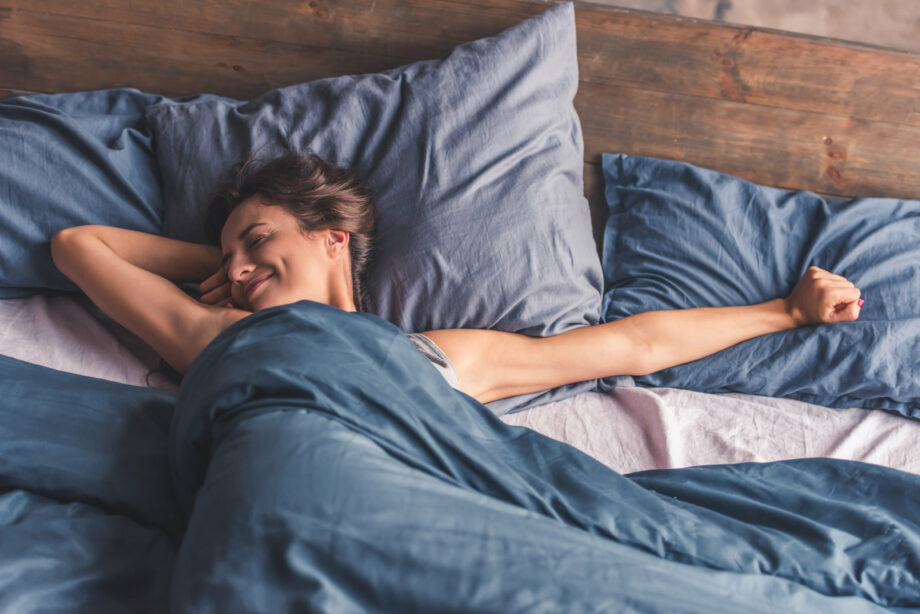
Read article
How to treat vaginal yeast infection
Vaginal yeast is a common vaginal infection that causes symptoms such as discharge and itch. Learn more on how to treat it!

Read article
Vaginal yeast infection during pregnancy
Vaginal yeast during pregnancy is a common vaginal discomfort. Learn more about the causes, symptoms and possible treatment here!
